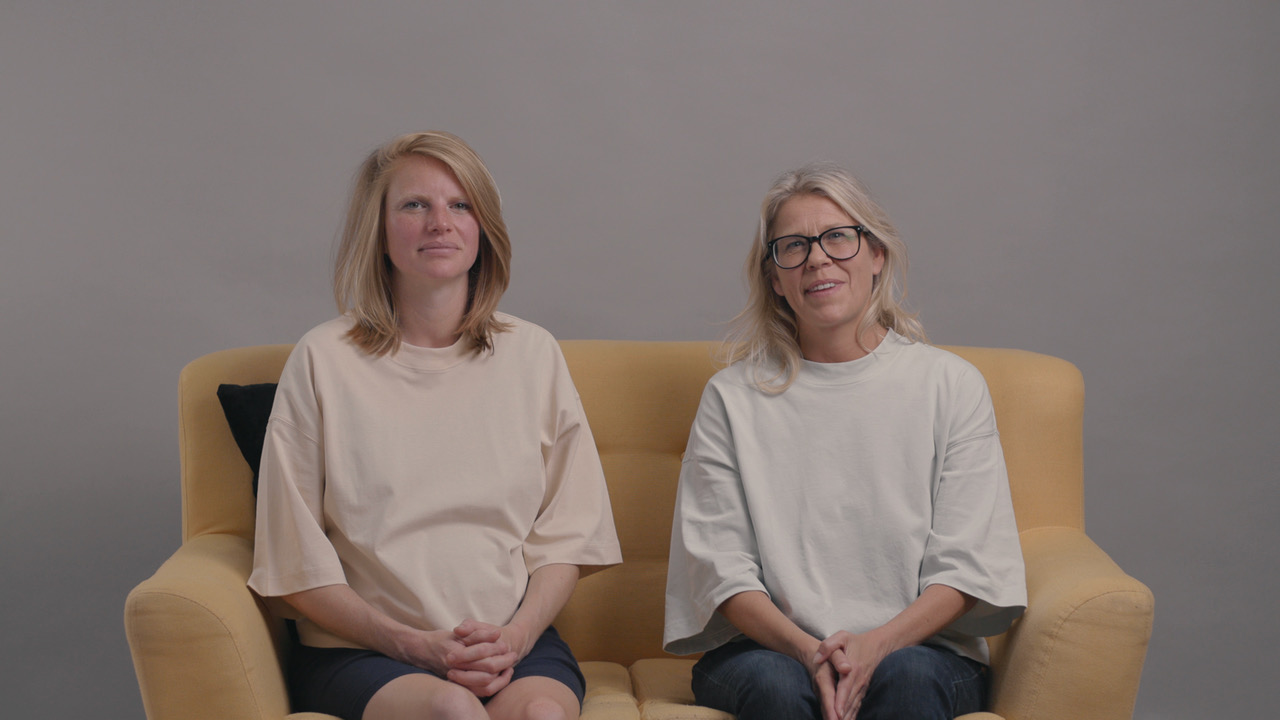Build a business where impact is part of your return to investors
Chorus members invest in start-ups where founders are committed to measurable social or environmental impact as well as financial returns.
What we look for
Not quite ready yet?
Visit Impact Central
Strong leadership skills and character
Clear impact mission and metrics
Compelling financial investment
Resilient and committed team

What’s in it for you
Live Opportunities
Fanfare Label
London fashion house built on multi-faceted sustainable practices and outstanding in-house design team.
Bedstraw and Madder
Premium women’s underwear made from regenerative cotton and 100% plant-based dyes.
Recognised (Closed)
Recognised unites people around beautiful jewellery and support for causes consumers care about.
Why impact investing?

The UK donates £10 billion annually to charity. A nice sum, but let's face it, our problems are bigger than that.
In contrast, there is £1.6 trillion in personal liquid financial assets held by UK households and £1.5 trillion residing in defined benefit pension assets. Just 1% of those assets going to impact investing would be three times the amount given to charity.
We need to make our investments work harder for us.
Introducing the Chorus Hub
Managing your capital raising process is a full-time job.
Keeping track of presentations. Negotiating legal documents. Responding to investor questions. Closing the transaction. Not to mention keeping your investors informed.
The Chorus Hub makes your life simple.
Put all deal documents in one place and get full transparency into investor interest. The Chorus team advises you on investor allocations and closing. Post your company updates to the Hub for automatic distribution to your investors.
Build long-term relationships with your investors and gain their confidence and support.
Join Now
Key Features
FAQ
01
How can I improve my chances to raise funds on Chorus?
↓
02
Does my company need to be based in the UK?
↓
03
Are the fees paid to Chorus negotiable?
↓
Pricing structure









